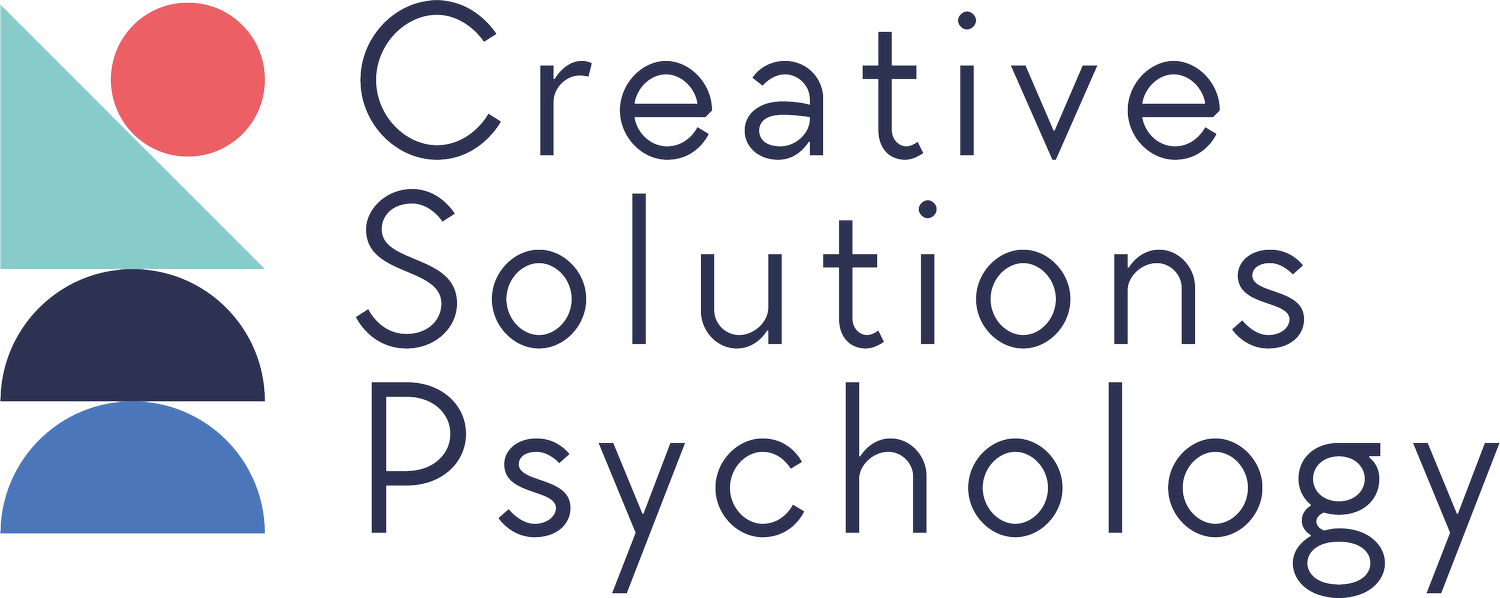Making the most out of your EP time
How to make best use of your EP time
It is likely that if you are reading this blog post, you might find yourself in one of these situations:
A) You have purchased your X number of EP days and are wondering how to prioritise the days you have/ how to best utilise them
B) You would like to use EP time to support a number of children/YP in your setting but you don’t have the budget for a large EP package
C) You are considering if your setting might benefit from EP time but are not sure how an EP can support your school
D) You are reviewing how you use external professionals such as EPs and are wondering if there better ways of maximising the time you have or any combination of the above.
Defining the Educational Psychologist role
Defining the EP role has always been and continues to be a topic of confusion at best and contention at worst. This is why you can find various answers and models of practice depending on who you ask.
Educational Psychologists (EPs) are applied psychologists, who completed an undergraduate degree in psychology, have experience working with children and young people and have usually completed a three-year doctorate course. EPs receive extensive training in child and young person development that covers the range of 0 to 25 years. The training includes both psychological theory and knowledge as well as psychological skills. It covers many areas, including communication and interaction, cognition and learning, social, emotional and mental health, physical and sensory needs, independence and community involvement and more…
The EP's role is to utilise their psychological skills and knowledge to understand the needs of individuals, groups and communities in a holistic way that considers a wide range of internal and external influences. As a scientist-practitioner, the EP can bridge the gap between research, theory and practice to support in identifying ways to support the young person, group or setting. A key part of our psychological role is being able to effectively collaborate with key stakeholders such as parents and school staff so everyone can contribute to an action plan and the changes that may need to happen. The role involves bringing clarity amid complexity.
The five pillars of EP practice are consultation, assessment, intervention, training, and research. These can be applied at a child and family level, school or organisational level, or at a community level.
Top tips at making the most of your EP
Think beyond individual assessment – these do have their place, but the majority of the time, a consultation can be just as effective and much more efficient – allowing you to support more children. Consultations can be for one child, or blocking off the morning to raise several children or offering a surgery-style drop-in for parents or staff.
Consider whether you require a lengthy report. Again, often a one/two-page summary works just as well – giving a concise and clear picture of current need and next steps. Much of EP time is spent report writing so reducing this step means you can make more of your time with your EP.
Consider how each time your EP is involved it can be utilised as an opportunity to upskill staff e.g. running an intervention group – ask a member of staff to join them so that skills can be passed on, during dynamic assessment – get the class teacher or SENCo to join and collaborate on the assessment.
Give your EP as much background information as possible – outcomes of assessment, history, other reports – so time does not have to be spent finding this information. Instead, it can be utilised efficiently and effectively.
